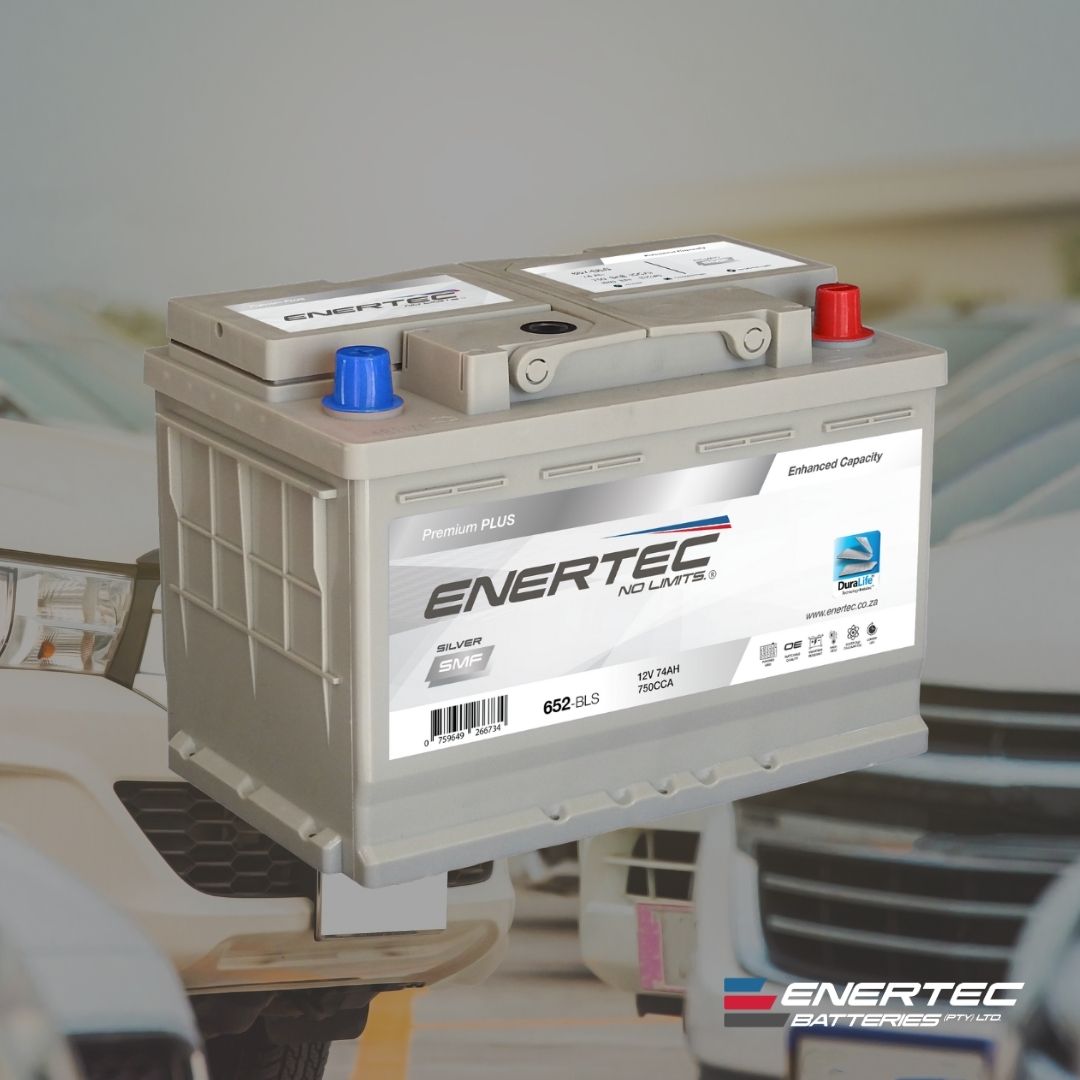2024-09-02 17:30:11
Why Lithium-Ion Batteries Are Better for Your Solar System
As the world shifts towards renewable energy sources, solar power has emerged as a leading solution for sustainable energy. A crucial component of any solar system is its energy storage solution, and the choice of battery plays a significant role in the efficiency, lifespan, and overall performance of the system. Among the various types of batteries available, lithium-ion batteries have gained prominence as the preferred choice for solar energy storage. Their advanced technology not only optimises energy storage but also enhances the reliability and longevity of solar systems, making them an essential element in the move towards a greener future.
In this article, we will explore why lithium-ion batteries are better for your solar system, highlighting their advantages over traditional battery technologies.
Why the use of lithium-ion batteries is better for solar systems
Below is a list of advantages of lithium-ion batteries over other solar systems:
1. Higher Energy Density
Lithium-ion batteries stand out for their exceptionally high energy density, meaning they can store more energy relative to their size and weight compared to traditional batteries like lead-acid or nickel-cadmium. For example, lithium-ion batteries can offer up to three times the energy storage capacity of a similarly sized lead-acid battery. This compact and lightweight design is particularly beneficial for solar systems, where space and weight are often limited, such as in residential or commercial installations. By maximising energy storage in a smaller footprint, lithium-ion batteries allow for more efficient and flexible solar system designs.
2. Longer Lifespan
Lithium-ion batteries are known for their durability and long lifespan. They typically last between 10 to 15 years, depending on usage and maintenance, which is significantly longer than traditional lead-acid batteries that may need replacement every 3 to 5 years.
This extended lifespan translates to lower overall maintenance costs and fewer replacements over the life of your solar system, making lithium-ion batteries a more cost-effective choice in the long run.
3. High Efficiency
Efficiency is key when it comes to energy storage. Lithium-ion batteries boast a high round-trip efficiency, meaning they can retain and discharge a higher percentage of the energy they store. With round-trip efficiencies of up to 95%, lithium-ion batteries ensure that more of the energy generated by your solar panels is stored and available for use.
In contrast, lead-acid batteries typically have a much lower round-trip efficiency, leading to more energy loss during the charging and discharging process.
4. Faster Charging and Discharging
Lithium-ion batteries can charge and discharge at a much faster rate than traditional battery types. This rapid response is particularly beneficial for solar systems, where energy demand can fluctuate throughout the day.
A lithium-ion battery can quickly absorb excess energy generated during peak sunlight hours and just as quickly discharge it when energy demand increases, ensuring a steady and reliable power supply for your home or business.
However, it's important to note that charging and discharging speeds can vary depending on the specific type of lithium-ion battery and its configuration. Choosing the right battery for your needs ensures you fully benefit from this fast and efficient energy management.
5. Deep Discharge Capability
Lithium-ion batteries have a deep discharge capability, which means they can be discharged to a much lower level without damaging the battery or significantly reducing its lifespan. This feature allows you to use a larger portion of the battery's capacity, effectively maximising the energy storage potential of your solar system.
In contrast, lead-acid batteries should not be discharged below 50% of their capacity, limiting their usable energy and requiring more frequent recharging.
6. Low Maintenance
Maintenance requirements are an important consideration when choosing a battery for your solar system. Lithium-ion batteries require minimal maintenance compared to lead-acid batteries, which often need regular monitoring of electrolyte levels and periodic equalisation charging.
With lithium-ion batteries, you can enjoy a virtually maintenance-free experience, allowing you to focus on enjoying the benefits of your solar system without the hassle of ongoing battery upkeep.
7. Safety Features
Safety is a paramount concern in any energy storage solution, and lithium-ion batteries are designed with safety in mind. Modern lithium-ion batteries are equipped with advanced safety features, such as built-in battery management systems (BMS) that monitor and regulate the temperature, voltage, and current to prevent overcharging, overheating, and short-circuiting. These safety features reduce the risk of battery failure and enhance the overall safety of your solar system.
However, it's important to recognise that while these safety mechanisms reduce risks, improper use, installation, or the use of non-certified products can still pose safety hazards. Ensuring proper installation by a qualified professional and using certified, high-quality batteries are essential steps in maintaining a safe and reliable energy storage system.
8. Scalability
As your energy needs grow, so too can your energy storage system. Lithium-ion batteries offer excellent scalability, allowing you to easily expand your storage capacity by adding more battery modules to your existing system.
This flexibility is particularly advantageous for solar systems, as it enables you to start with a smaller investment and expand your storage capacity as your energy consumption increases or as you add more solar panels to your setup.
9. Environmental Impact
While all batteries have some environmental impact, lithium-ion batteries are considered to be more environmentally friendly compared to lead-acid batteries. They have a longer lifespan, which means fewer batteries are disposed of over time.
Additionally, advancements in recycling technologies are making it easier to recover valuable materials from used lithium-ion batteries, further reducing their environmental footprint.
10. Cost-Effectiveness Over Time
Although the upfront cost of lithium-ion batteries may be higher than that of lead-acid batteries, their long-term cost-effectiveness makes them a superior investment. The longer lifespan, higher efficiency, lower maintenance, and ability to fully utilise the battery's capacity all contribute to a lower total cost of ownership over the life of your solar system.
When you factor in these long-term benefits, the initial investment in lithium-ion batteries becomes a wise financial decision.
Enertec’s GL Series Lithium-Ion Solar Battery
For those looking to optimise their solar energy storage, the GL Series 5.12 kWh Lithium-Ion Battery from Enertec is an exceptional choice. This battery is specifically designed to meet the demands of modern solar systems, providing reliable and efficient energy storage with several key features:
- High Energy Density: The GL Series 5.12 kWh battery offers a compact design without compromising on storage capacity, making it ideal for installations where space is limited.
- Long Lifespan: This battery is built to last, with a life cycle of over 6000 cycles at 80% depth of discharge (DoD). This means you can rely on it for many years, significantly reducing the need for replacements.
- Advanced Battery Management System (BMS): The built-in BMS ensures optimal performance by monitoring and balancing the battery cells, protecting against overcharging, overheating, and other potential issues.
- Scalability: The GL Series is modular, allowing you to easily expand your energy storage capacity by connecting multiple batteries in parallel. This scalability makes it a versatile solution for both small and large solar installations.
- High Efficiency: With a high round-trip efficiency, the GL Series battery maximises the use of the energy generated by your solar panels, ensuring that very little is lost during storage and retrieval.
- Ease of Installation: Designed with the user in mind, the GL Series battery is straightforward to install and integrate into existing solar systems, minimising downtime and installation costs.
The GL Series 5.12 kWh Lithium-Ion Battery is an excellent example of how advanced lithium-ion technology can enhance the performance and longevity of your solar system. By choosing this battery, you are investing in a product that will provide reliable, efficient, and scalable energy storage, making your solar system more effective and cost-efficient over time.
Conclusion
Lithium-ion batteries have revolutionised energy storage in solar systems, offering a host of benefits that make them the superior choice for both residential and commercial installations.
From their high energy density and long lifespan to their efficiency, safety features, and low maintenance requirements, lithium-ion batteries provide a reliable, cost-effective, and environmentally friendly solution for storing solar energy.
As solar power continues to grow in popularity, choosing the right battery is essential to maximising the performance and longevity of your system, and lithium-ion batteries are undoubtedly the best option available today.
By investing in lithium-ion batteries for your solar system, you are ensuring a more efficient, durable, and scalable energy storage solution that will meet your energy needs for years to come.



